The PSC Library is open M-W 8am-7:00pm and Th-F 8am-4:30pm. PSC Librarians are available through the "Chat Now" button or via email at librarians@prairiestate.edu.


Lunch ‘n Learn Local History with Alex Altan and Steve Young
Bring your lunch and join PSC’s College Archivist, Alex Altan, and local history buff, Steve Young, to discuss the intertwined histories of Chicago Heights and Prairie State College. Classes, students, faculty, and staff are welcome to this free event. This Lunch ‘n Learn will be on Monday, September 16th at noon in the library classroom.
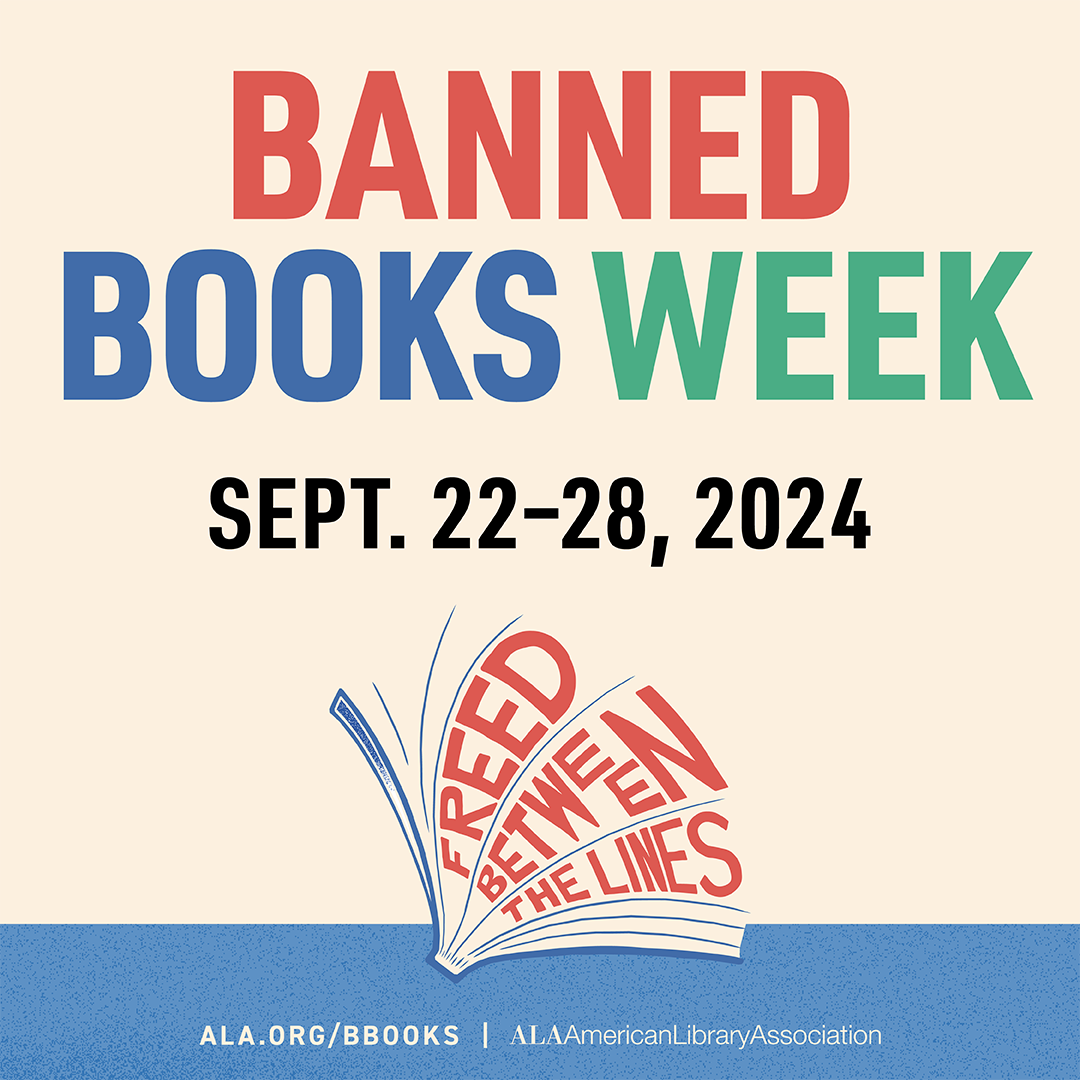
Banned Books Week
This year, Banned Books Week runs from September 22nd - 28th. The American Library Association (ALA) started Banned Books Week in 1982 to highlight book challenges and bannings, celebrate the right to read, and fight censorship. The PSC Library will participate in Banned Books Week with a display featuring banned books and titles on book banning in general. We support your right to read what you love unapologetically.
Book bannings are on the rise, and have been for the past few years. 2023 saw 1,247 attempts to ban 4,240 individual titles. A book is challenged when someone objects to a title in a library’s collection, but a ban occurs once it is removed. The ALA says “Prior to 2020, the vast majority of challenges to library books and resources were brought by a single parent who sought to remove or restrict access to a book their child was reading. Recent censorship data are evidence of a growing, well-organized, conservative political movement, the goals of which include removing books about race, history, gender identity, sexuality, and reproductive health from America's public and school libraries that do not meet their approval.” In other words, this is not being done in a vacuum, and the titles being challenged (and sometimes outright banned) are those that reflect the current moral panics and culture wars. The goal is erasure since if these things aren’t documented, they don’t exist. If that sounds like 1984, just know that’s also been a banned book.
Instead of one household forbidding a book, a ban results in an entire community without it. Not everyone can afford to buy the books they want to read, and many people rely on their local library. This process also blames and harasses librarians, labeling them “groomers,” and worse. Every reader has a text that changed their lives or made them feel seen, or just…normal.
Book bans are widespread in states like Utah, Florida, and many others. However, there has been a pushback from multiple states, which you can read more about that here. One is our own, in 2023 Illinois passed this law-making book banning illegal, and libraries that do not comply will not receive state funding. While limited, this makes the state a safer place to be a reader, and work in the library profession. In the meantime, the PSC Library will do our part to support this event, and books throughout September.
You may recall that we promised changes to library searching and lending. Those changes are here! I’ve highlighted some below. Library searching looks a little different, with a new search engine:

You can still search by title, author, or search term(s). There are more advanced options as well. Please see the next section for searching how-to videos.
Thane Montaner has put together this research guide covering how to use some basic library functions, including how to place a hold or renew a loan.
In addition to easier searching, this change brings a couple of other positive changes. The PSC Library is now a part of I-Share, a network of 94 other libraries in the state. This means you can borrow from their collections too. You can have one of our books, or one of theirs sent to any of these I-Share libraries for you. Since this network is so robust, if a book exists, we can (probably) get it for you within days for free. Happy reading!
The library has changed the search function on the home page, and we have updated our instructional videos for the occasion.
To teach everyone how to use library search, Professor Anderson created several video tutorials.
This one shows how to use library search.
This one covers how to filter your results.
This explains how to read the detailed record. (This page shows you more information about a book, article, video, or whatever you may be looking at.) It’s a modern version of the cards from a card catalog.
These videos plus more can be found in our How-To Video Tutorials research guide. If you need assistance, please Ask a Librarian
by Valerie Moore, Outreach and Engagement Librarian and Associate Professor
You are probably already burned out by the election cycle. Please stay with me because we are talking about strategies to evaluate misinformation. These strategies are both for you and your students. Who knows? The information below could help you win an argument on the internet. (Spoiler- it won’t, but it might convince someone in your life.)
Whether you are fact-checking points in a debate, a meme, a campaign ad, or anything else, think about how you would evaluate any source in general. We have a few methods detailed below, including this research guide covering source evaluations.
Lateral research is a favorite because it is fast and accurate. Lateral research relies on looking outside a source to see what has been said about it rather than seeing what an organization or individual says about themselves. This is as simple as opening another Google tab and moving laterally left to right to see what places like Wikipedia and Google News say about them. In short, look at what the web says about them. You can see a demonstration of lateral research here.
SIFT uses lateral research as one technique, which is why it is mentioned second. SIFT is an acronym for: stop, investigate the source, find better coverage, trace claims. The SIFT method works particularly well on memes and short videos.
Now that you know a couple of methods of source evaluation, here are some great fact-checking tools featured in our research guide. Using these would be considered a form of lateral research. These are two of my favorite tools:
Snopes is great for checking election misinformation and viral rumors on many topics. You can search for a rumor using their search engine. Each entry will list the claim, rate it for truthfulness, and provide a thoughtful explanation, followed by sources.
Politifact specifically fact-checks politics. This is perfect for an election year. Much like Snopes, they have a search engine and a homepage with current rumors. Each entry has a shorter version of events, and a longer, detailed explanation, with a truth-o-meter, and citations.
These are excellent tools in an election year, but they work any time. We could spend much longer discussing misinformation campaigns and bots, but I wanted to provide practical tools you can implement today.
Remember that misinformation does real harm. You can do your small part by avoiding it yourself and teaching your students to do the same. The library is always happy to discuss misinformation with you and even design customized class sessions. If you would like something like this, please respond to this email.
As mentioned above, the end of September brings Banned Books Week. This year’s book display will feature not only banned books, but also titles about book bannings in general, and their impact. A small sample of this display’s ebooks is below. You can see the rest in the library.
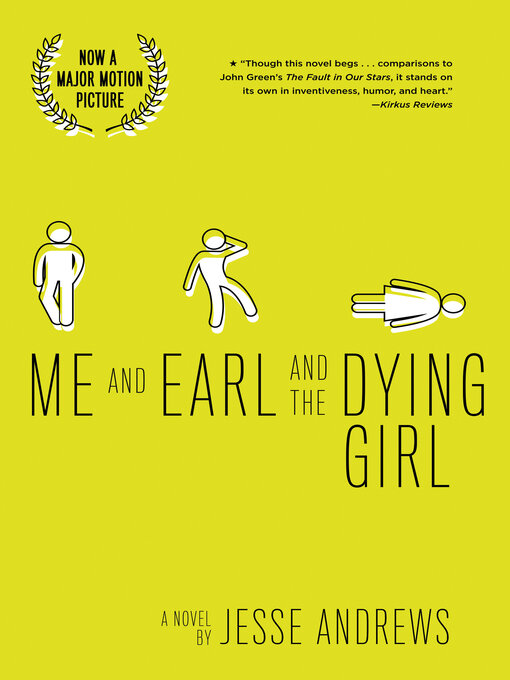 Me and Earl and the Dying GirlJesse Andrews |
 The Perks of Being a WallflowerStephen Chbosky |
The Hunger GamesSuzanne Collins |
 SpeakLaurie Halse Anderson |
 The Kite RunnerKhaled Hosseini |
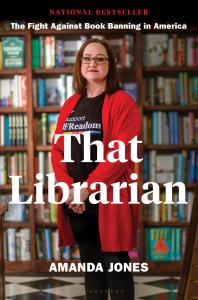 That LibrarianAmanda Jones |
 Banned BooksMeryl Loonin |
 The Bluest EyeToni Morrison |
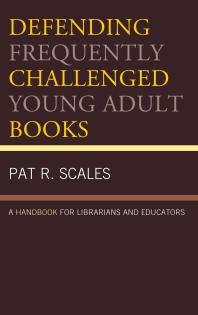 Defending Frequently Challenged Young Adult BooksPat Scales |
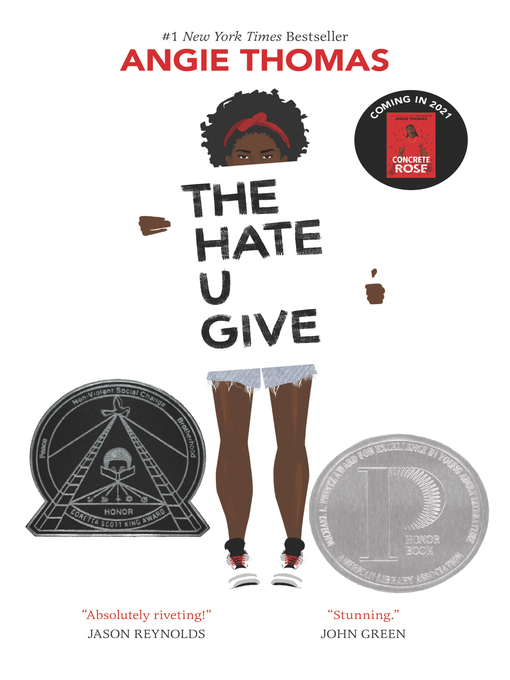 The Hate U GiveAngie Thomas |
Lastly, the library is here for you; reach out with any questions at Ask a Librarian!